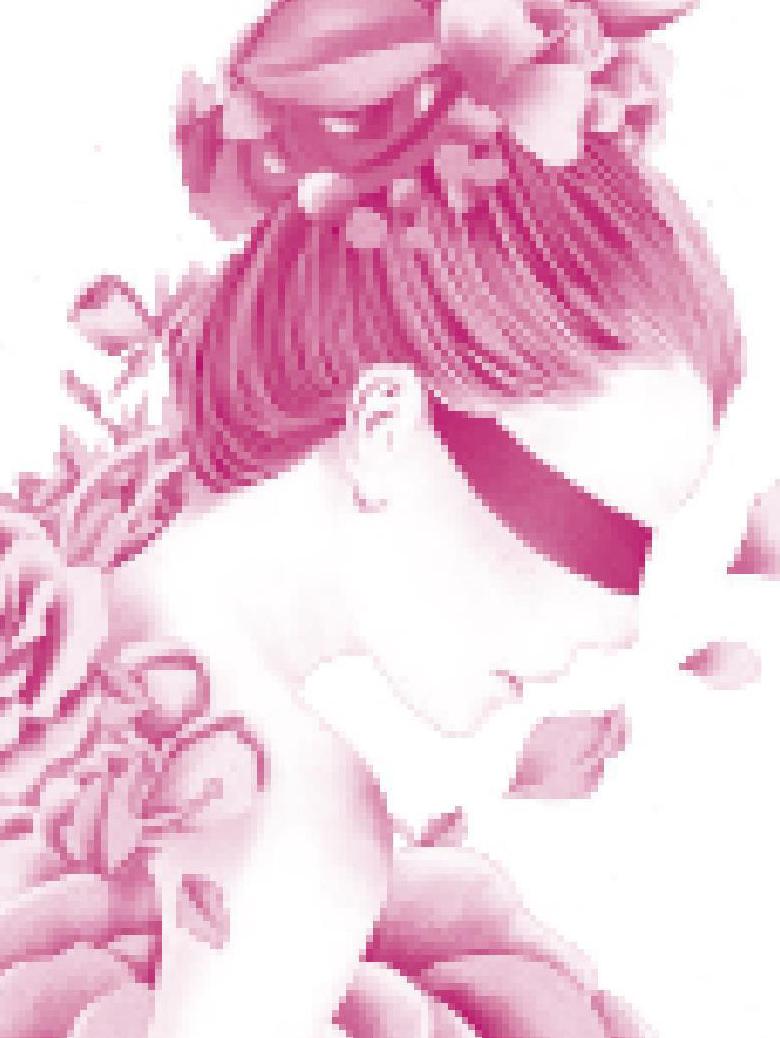生活的艺术
2018-11-30

本文是由英国作家J. B.普里斯特列 (1894—1984)创作的一篇教人如何去追求美好生活的小品文。文章语言精练,读起来朗朗上口,值得细细品味。
The art of living is to know when to hold fast and when to let go. For life is a paradox: it enjoins us to cling to its many gifts even while it ordains their eventual relinquishment. The rabbis of old put it this way, “A man comes to this world with his fist clenched, but when he dies, his hand is open.”
Surely we ought to hold fast to life, for it is wondrous, and full of a beauty that breaks through every pore of Gods own earth. We know that this is so, but all too often we recognize this truth only in our backward glance when we remember what was and then suddenly realize that it is no more.
We remember a beauty that faded, a love that waned. But we remember with far greater pain that we did not see that beauty when it flowered, that we failed to respond with love when it was tendered.
Here then is the first pole of lifes paradoxical demands on us: Never too busy for the wonder and the awe of life. Be reverent before each dawning day. Embrace each hour. Seize each golden minute.
Hold fast to life… but not so fast that you cannot let go. This is the second side of lifes coin, the opposite pole of its paradox: We must accept our losses, and learn how to let go.
生活的藝术就是要懂得何时紧抓、何时放手。因为人生就是个矛盾体:在令我们依恋于它所赋予的种种恩赐时,也注定我们最终得放弃这些恩赐。正如古代的犹太学者们所言:“人降世时拳头紧握,但离世时还得松手。”
我们当然要紧抓生命,不仅因为它奇妙无比,而且因为它所蕴含的美已散布到地球的每个角落。其实,我们都懂得这个道理,然而我们往往只有在回首过去时才会明白这一点,只是在记起它往昔的美丽时,我们却突然发现已时过境迁。
我们铭记褪色的美、消逝的爱。但是这种记忆却饱含着苦涩,我们痛惜没有在美丽绽放的时候注意它,没有在爱情到来的时候回应它。
因此,对我们有着自相矛盾的要求的人生一方面要求我们:不要过于忙碌而错失生活中的美好和庄严;虔诚地迎接每个黎明的到来;拥抱每一个时辰,抓住珍贵的每一分钟。
紧紧把握人生……但又不能抓得过死,松不开手。这是人生这枚硬币的另一面,也正是其矛盾的另一面:我们必须接受失去的现实,学会如何放手。
Word Study
paradox /'p?r?d?ks/ n. 矛盾的人(或事物、情况)
He was a paradox—a loner who loved to chat to strangers.
clench /klent?/ v.(通常表示愤怒或不安时)捏紧,攥紧(拳头等)
He clenched his fists in anger.
glance /ɡlɑ?ns/ n. 匆匆一看;一瞥
fade /fe?d/ v. 逐渐消逝;逐渐消失
His voice faded to a whisper.
embrace /?m'bre?s/ v. 抱;拥抱
